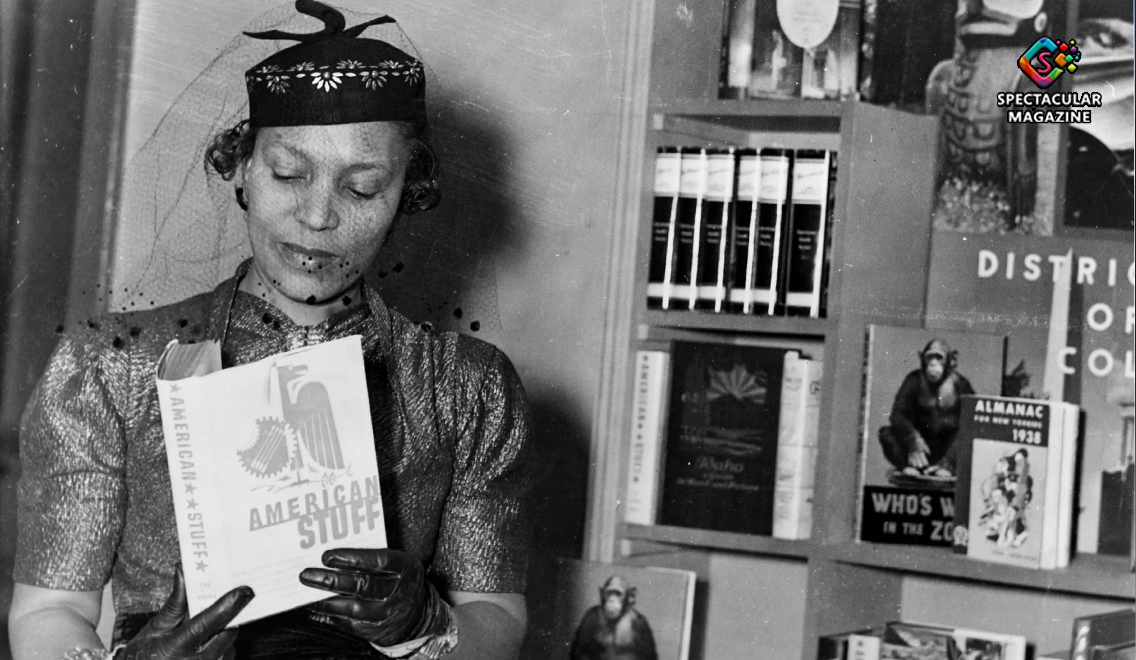‘The Niggerati’: These Intellectuals Were Committed To Writing The Truth About Black Life
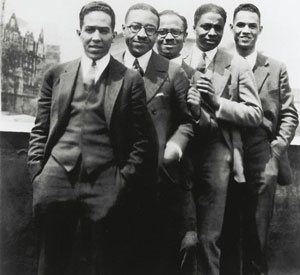
The Niggerati were artists and intellectuals struggling to make their dreams come true. Even with such a bold name, many had to do something they never wanted to.
White donors helped fund their projects. Writing was their lifeline, so they were willing to accept their coins to make things happen.
But those dollars never swayed them.
Back in the day of the Harlem Renaissance, there was a group of Black intellectuals who didn’t feel that intellectualism and Black culture were mutually exclusive entities. These young creative writers were exploring the Black narrative back in the 1920s and 1930s. Is Black culture inherently pathological because we’re the sons and daughters of those Africans who were enslaved here in the Americas? Is there any redeeming quality to our Black narrative? Is it worth looking at much less studying or even celebrating?
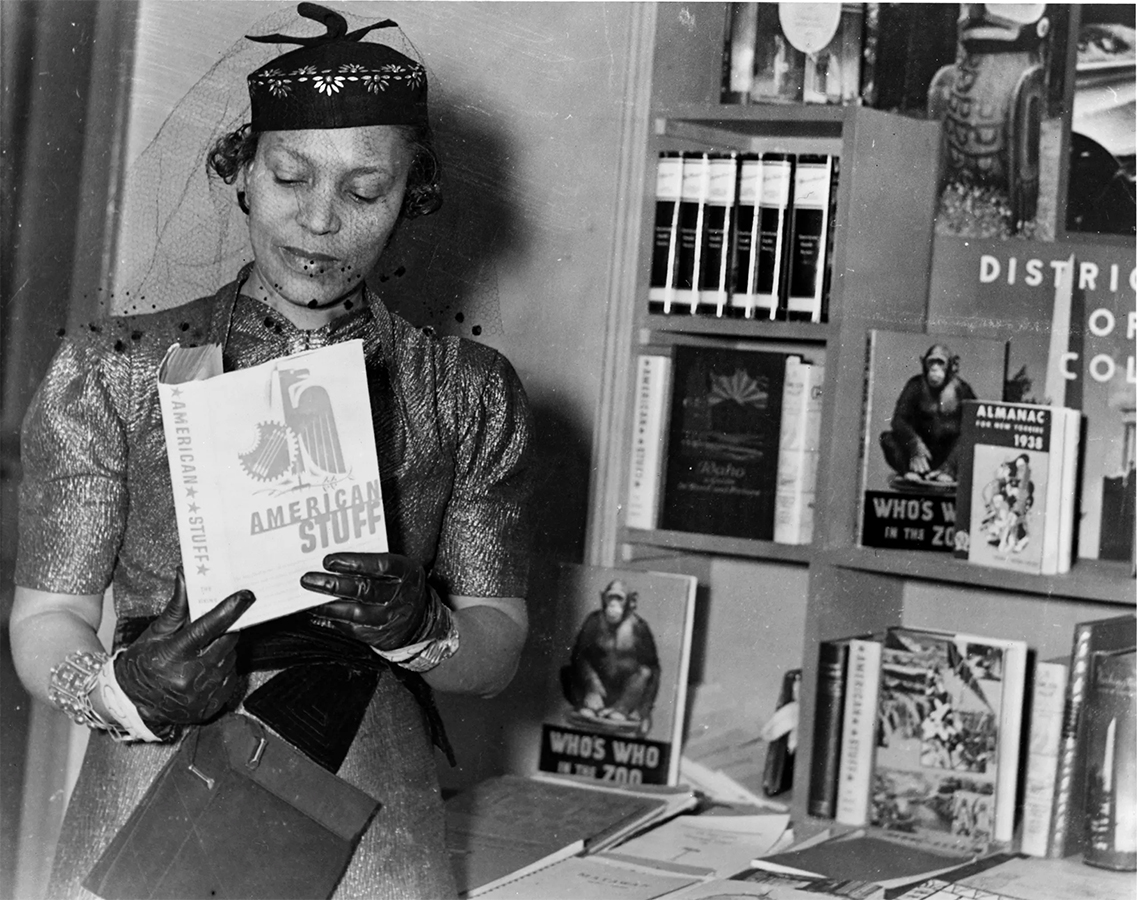
There were many bright and beautiful Black artists and writers of the 1920s and 1930 who were in search of that Black narrative and were busy writing that narrative. The likes of Zora Neale Hurston, Claude McKay, Langston Hughes, Richard Wright, Dorothy West, and many others. They were artists and hustlers and strugglers and dreamers, creators and they were extremely talented.
They saw the irony of their dreams as struggling Black artists, dependent on white benefactors to underwrite their artistic endeavors. Yet for the sake of their art, they chose to take the money, no matter what they may have felt about it. These people created together, partied together, fought with each other, and helped each other, as only Black folks can and will.
They named their crew The Niggerati, and they named those white folks who were interested in their art and coolness and who followed behind them, the Negrotarians. These intellectuals weren’t afraid of their blackness, nor of white reaction to it. They were able to just be their fabulous Black selves, the good, the bad, the beautiful, even in a time of strong racial prejudice. They even lived together at what they called the “Niggerati Manor.”
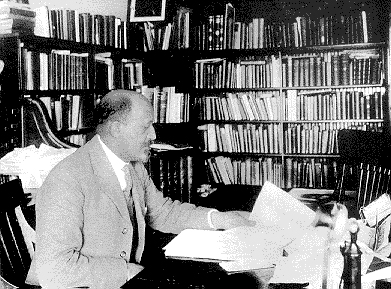
Zora Neale Hurston, the self-appointed leader in her mind, dubbed herself “The Queen of the Niggerati”! She understood the power of words and used them skillfully to provoke thought and/or anger! She felt quite comfortable with the Niggerati title, even though other Black intellectuals of the era were not at all amused. WEB Dubois was one of them who was very interested in assimilating, and proving that Negros were just as intelligent as the whites. He felt that the way to prove this was for the Negro to be as “respectable” as possible in the sight of, and for the comfort of those white people they were trying to impress.
These Harlem Renaissance “Niggerati” came together to publish a magazine they called FIRE, which they decided would have articles and short stories of the issues that Negroes were dealing with, those controversial situations such as Black and Latino homoerotica, prostitution, and bourgeois attitudes. Things that a “respectable” Negro would never want to be published. They wanted to be shocking as well as informative.
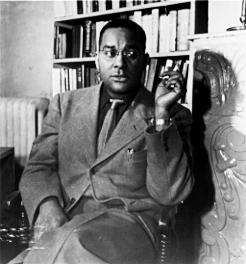
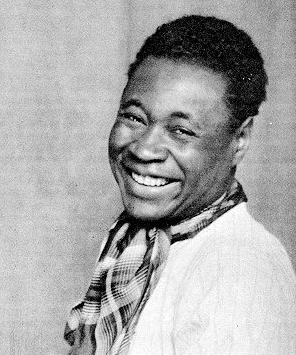
One problem they had was a complete lack of funds to get the magazine to press, but they persevered and put forth their creativity and a little game and the first and last issue actually went to press. That issue failed when they weren’t able to distribute the magazine in an effective way. But that didn’t stop them from trying again with a new magazine called HARLEM. That can’t-die spirit in action!
The Niggerati was a bold group of brothers and sisters from back in the day who truly understood what it means to live and fight and struggle for that piece of the American dream! They moved forward without allowing anything or anyone to define their version of the dream for them, and we know them now as the beautiful strugglers of the Harlem Renaissance! Are we today as bold as they were back then? What are YOU doing to change things in your sphere of influence? Do you care? What are you doing to make life better for your people?


